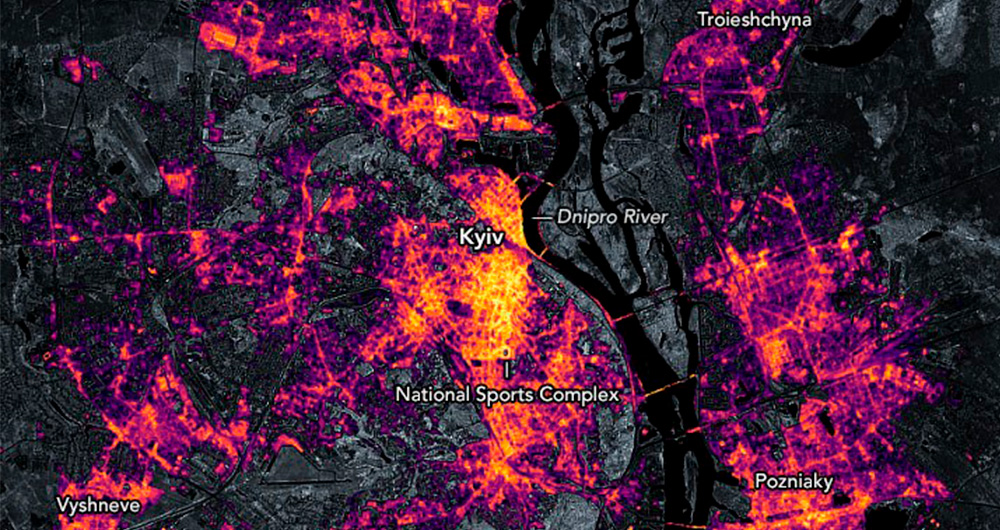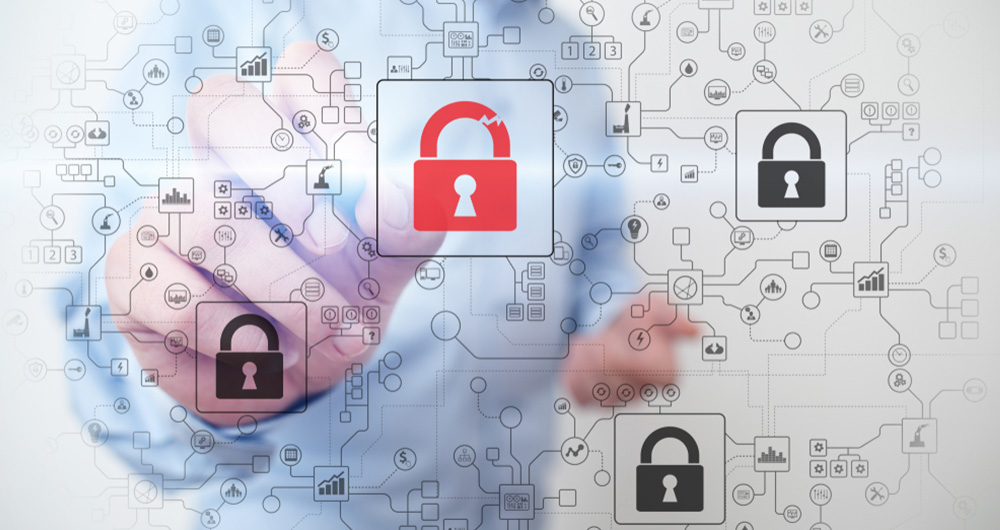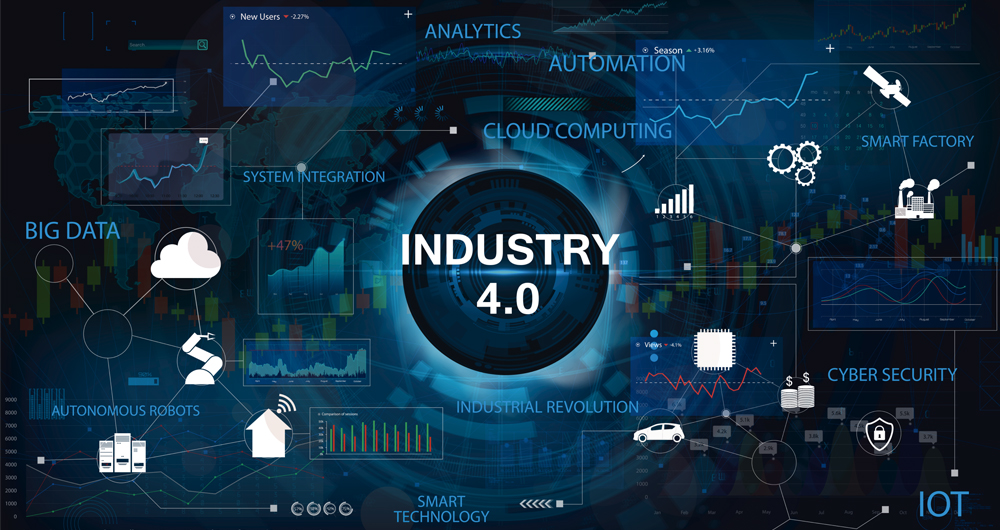11 posts found
Industrial data governance: the basis for more efficient and sustainable production
Today's industry is facing one of the biggest challenges in its recent history. Market demands, pressure to meet climate targets, consumer demand for transparency and technological acceleration are converging in a profound transformation of the production model. This transformation is not only aimed…
Exploring space from the ground: open satellite data in Europe and its applications
The value of open satellite data in Europe
Satellites have become essential tools for understanding the planet and managing resources efficiently. The European Union (EU) has developed an advanced space infrastructure with the aim of providing real-time data on the environment, navigation and meteor…
PET technologies: how to use protected data in a privacy-sensitive way
As organisations seek to harness the potential of data to make decisions, innovate and improve their services, a fundamental challenge arises: how can data collection and use be balanced with respect for privacy? PET technologies attempt to address this challenge. In this post, we will explore what…
Discovering the Digital Product Passport (DPP) and CIRPASS: A Look into the Future of the Circular Economy
Digital transformation has reached almost every aspect and sector of our lives, and the world of products and services is no exception. In this context, the Digital Product Passport (DPP) concept is emerging as a revolutionary tool to foster sustainability and the circular economy. Accompanied by in…
The importance of Critical Minerals: Where to locate data of interest?
The energy transition is also a transition of raw materials. When we imagine a sustainable future, we conceive it based on a series of strategic sectors such as renewable energies or electric mobility. Similarly, we imagine a connected and digital future, where new innovations and business models re…
Common misunderstandings in data anonymisation
Data anonymisation is a complex process and often prone to misunderstandings. In the worst case, these misconceptions lead to data leakage, directly affecting the guarantees that should be offered to users regarding their privacy.
Anonymisation aims at rendering data anonymous, avoiding the re-ident…
Collecting and analysing data to improve humanitarian assistance and restore damage during the Ukrainian war
On 24 February Europe entered a scenario that not even the data could have predicted: Russia invaded Ukraine, unleashing the first war on European soil so far in the 21st century.
Almost five months later, on 26 September, the United Nations (UN) published its official figures: 4,889 dead and 6,263…
The importance of anonymization and data privacy
We are in a historical moment, where data has become a key asset for almost any process in our daily lives. There are more and more ways to collect data and more capacity to process and share it, where new technologies such as IoT, Blockchain, Artificial Intelligence, Big Data and Linked Data play a…
Artificial Intelligence and data: the revolution in the supply chain
Artificial intelligence is transforming companies, with supply chain processes being one of the areas that is obtaining the greatest benefit. Its management involves all resource management activities, including the acquisition of materials, manufacturing, storage and transportation from origin to f…
The re-use of public sector information and industry 4.0
The promotion of digitalisation in industrial activity is one of the main axes for tackling the transformation that the Spain's Digital Agenda 2025 aims to promote. In this respect, several initiatives have already been launched by public institutions, including the Connected Industry 4.0 programme…









